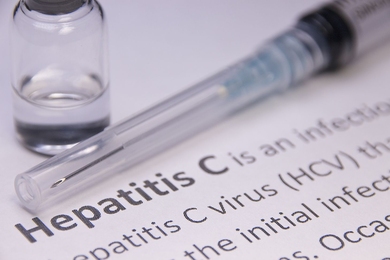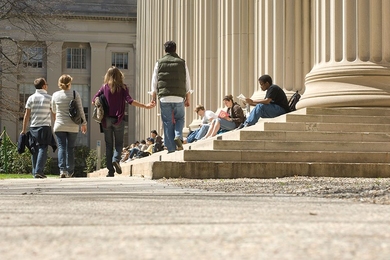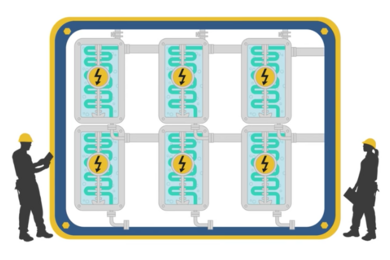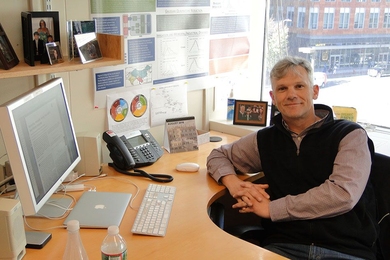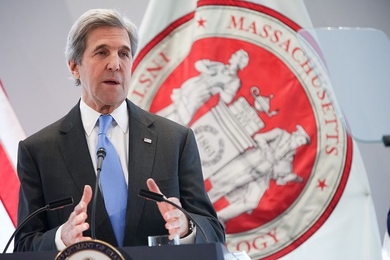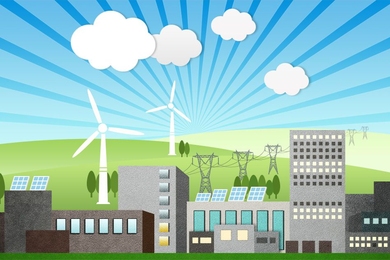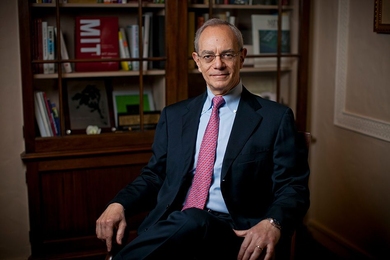Projecting food, water, energy, climate and other global changes
Marking 25 years of science and policy studies, the MIT Joint Program launches new website showcasing its expanded research portfolio.
MIT Election Data and Science Lab launches
Founded by political scientist Charles Stewart III, the Election Lab focuses on non-partisan research, data, and analysis to improve elections.
How the U.S. can beat hepatitis C: Don’t buy the pills, buy the company
Pharma veteran and MIT visiting scientist Mark Trusheim advances a provocative solution to overcome treatment costs.
Barnhart establishes working group to monitor potential changes to federal laws, policies
Working group is responsible for helping MIT to respond proactively to any changes that could limit students' access to MIT or their ability to thrive at the Institute.
Mapping out a low-carbon future
Energy scenarios provide useful decision-support tools for policymakers and investors.
U.S. Department of Energy announces MIT Energy Initiative will join new Manufacturing USA Institute
MITEI faculty affiliates to contribute clean energy expertise to national coalition that will address manufacturing challenges in energy-intensive processing industries.
Modeling plausible futures
MIT research scientist C. Adam Schlosser assesses long-term risks to regional water and energy systems.
John Kerry: Climate drive an urgent “race against time”
At MIT, U.S. Secretary of State highlights peril of climate change, economic promise of clean energy.
MIT Energy Initiative report provides guidance for evolving electric power sector
Experts call for regulatory, policy, and market transformation to realize potential of distributed energy technologies.
Helping policy and technology work together
Engineering grad student Keertan Kini is working to strengthen the intersection of policy and technology.
President Reif calls for renewed national commitment to support basic science
“Invisible infrastructure” of nation’s scientific enterprise is eroding, MIT president warns in Wall Street Journal op-ed.
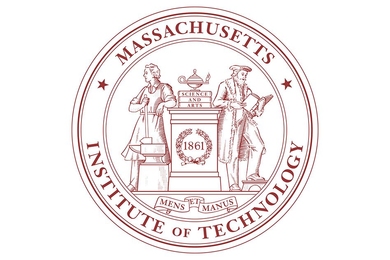
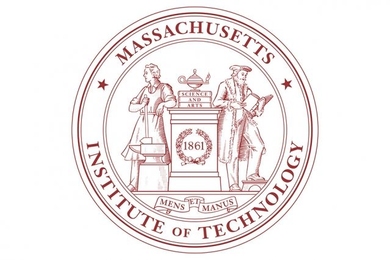
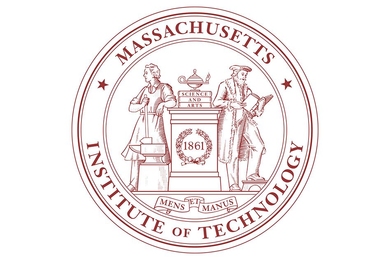

!["At a fundamental level, the conduct of elections affects the experience of voters and people’s trust in American democracy," writes the William and Flora Hewlett Foundation in a press release announcing their funding of the MIT Election Data and Science Lab. "It’s imperative that we, as a nation, get this right and we believe that this lab, under Professor [Charles] Stewart’s leadership, ca...](/sites/default/files/styles/term_page__news_article/public/images/201701/us-flag-circuits-mit-election-lab-00.jpeg?itok=UkLhbIal)
